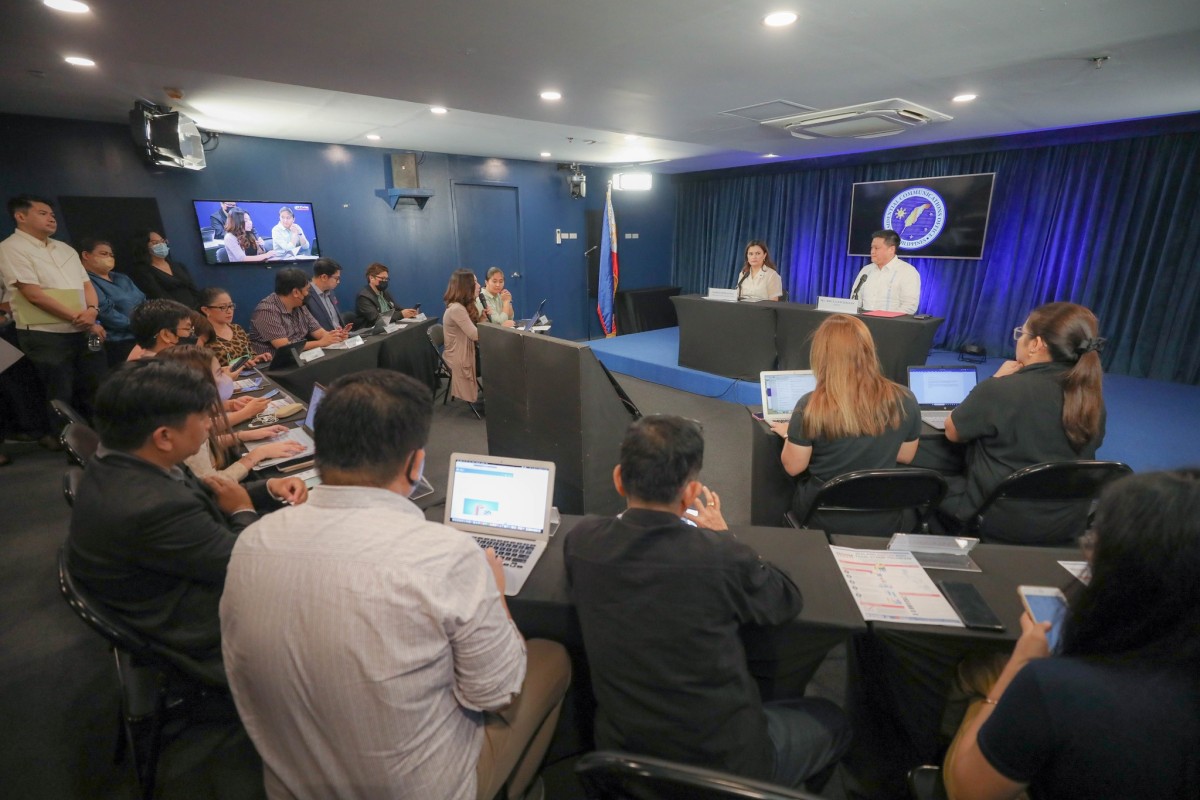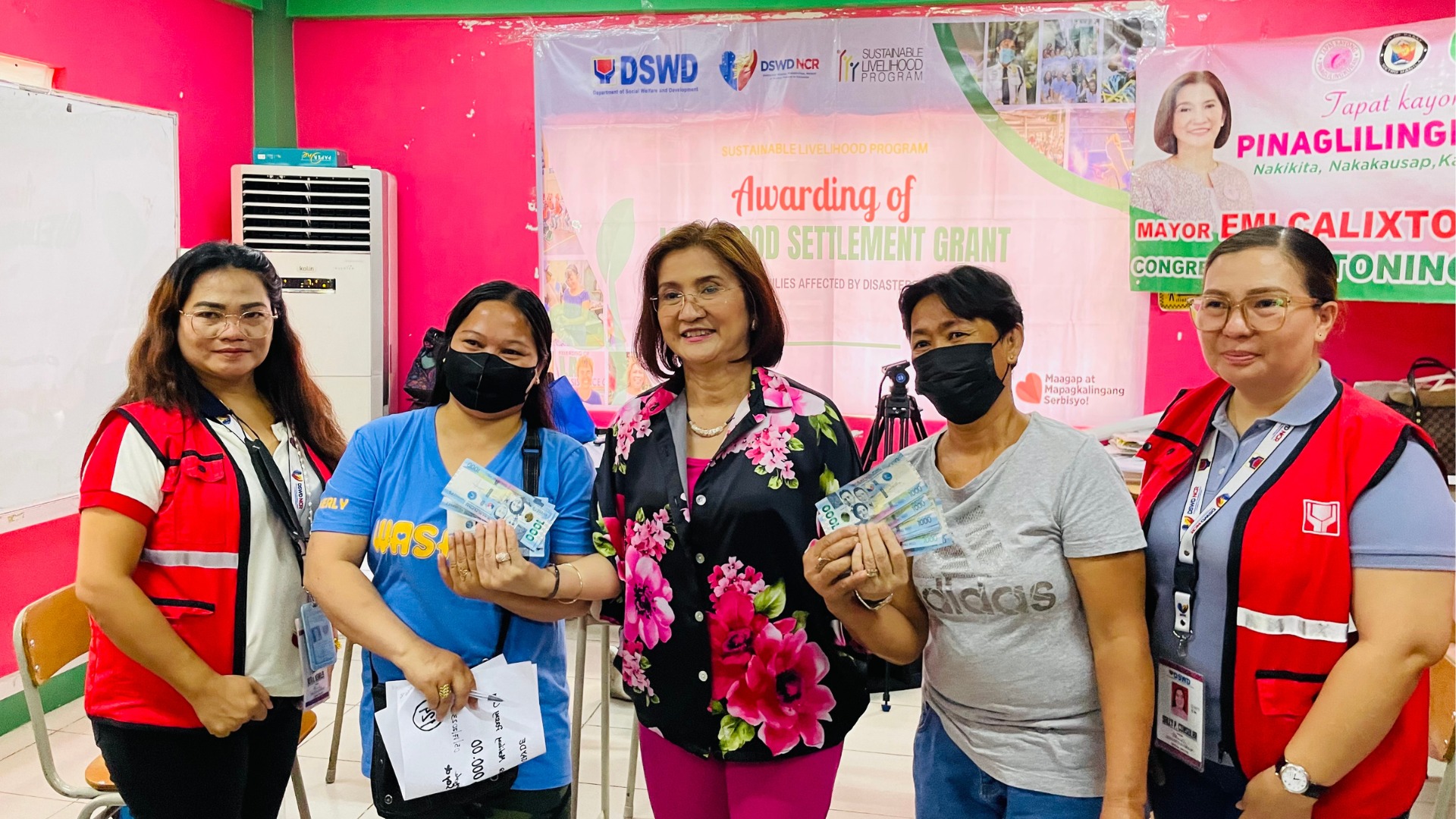
QUEZON CITY (PIA) – The Department of Social Welfare and Development (DSWD) Secretary Rex Gatchalian announced that the DSWD is planning to pilot-test its food stamp program in the latter half of this year as part of the Marcos administration's efforts to alleviate hunger and poverty among low-income families.
During a press briefing at Malacañang on Tuesday (May 23), Secretary Gatchalian revealed that the DSWD is currently in the design stage of the program to ensure a comprehensive implementation that addresses potential gaps. The department has enlisted the assistance of multiple consultants, including the Philippine Statistics Authority's (PSA) poverty expert, Undersecretary Dennis Mapa, to refine the program's concept.
The design phase is scheduled to take place in May and June, with the actual pilot run planned from July to December. Secretary Gatchalian expressed his gratitude for the support of the Marcos administration's economic team in packaging the financing side of the food stamp program. The goal is to launch the program officially in the first quarters of the following year.
To ensure a smooth implementation, the program will be rolled out progressively, starting with 3,000 families in the pilot phase. The target is to include 300,000 families in the first run, followed by an additional 300,000 families, and ultimately reaching one million households in subsequent years.
Secretary Gatchalian emphasized that the DSWD will continually monitor and evaluate the program's impact on beneficiaries in the five pilot sites. These sites have been selected based on their different geopolitical characteristics, including the Bangsamoro Autonomous Region in Muslim Mindanao (BARMM), geographically isolated regions, urban poor settings, calamity-stricken areas, and rural poor areas.
The "Walang Gutom 2027" food stamp program intends to provide electronic benefit transfers loaded with food credits amounting to P3,000. Beneficiaries can utilize these credits to purchase a select list of food commodities from DSWD-accredited local retailers. The program's primary focus is on the bottom one million households identified through Listahanan 3, using the food poor criteria defined by the PSA.
Secretary Gatchalian believes that the program will effectively bridge the gaps and assist beneficiaries in meeting their daily nutritional needs. By addressing extreme poverty-induced hunger, the program aims to enhance human capitalization and contribute positively to nation-building.
Beneficiaries of the program are families with a monthly income not exceeding P8,000, as per the PSA's guidelines. The food stamp program includes a work component to ensure that participants are actively engaged. By meeting the daily nutritional requirements, the program aims to enhance productivity and make individuals valuable contributors to the country's workforce.
Secretary Gatchalian expressed gratitude to the Asian Development Bank (ADB) for providing close to $3 million in funding for the six-month pilot run of the food program.
President Ferdinand R. Marcos Jr. himself has highlighted the significance of the program, noting its effectiveness in other countries. He believes that the food stamp program will be a vital support system for disadvantaged individuals and families in the Philippines.
As the DSWD progresses with the development and implementation of the food stamp program, anticipation grows for its positive impact on addressing hunger and poverty across the country. (Photos by PCO/PND) (PIA-NCR)




